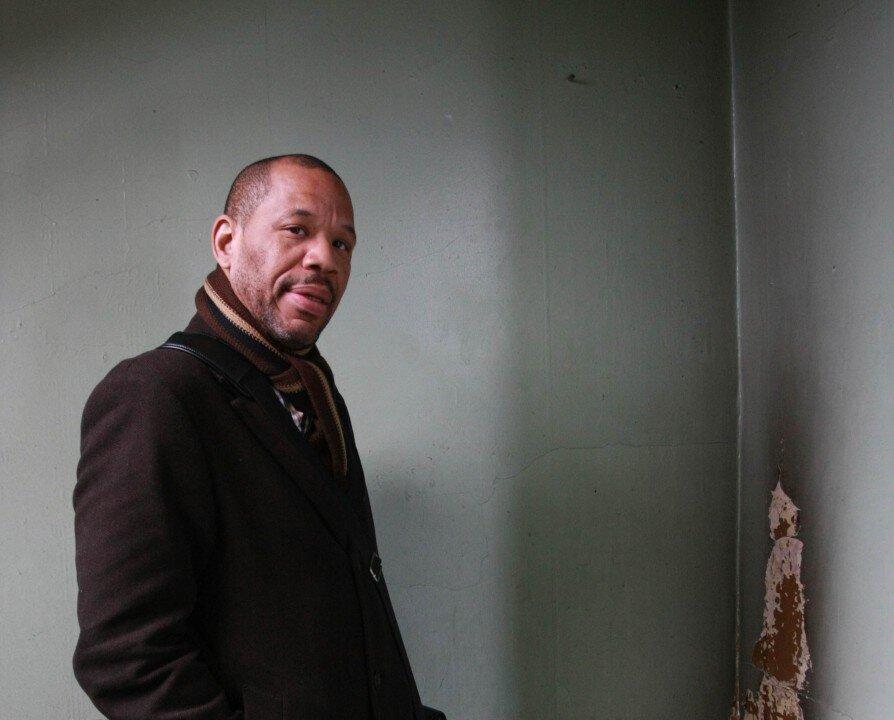NEW YORK—Building owners will have to make repairs or the city will do it for them then saddle them with the bill.
Under legislation passed Wednesday, after building owners receive an order from the Department of Housing and Buildings to make a repair, they have four months to do it. If they don’t, the city will step in and fix it, then sue the landlord for reimbursement.
“We’re sending a clear message that when there is an underlying condition … you got to fix the root of the problem, you cannot patchwork it,” said Councilwoman Gale Brewer, who crafted the bill.
Civil penalties for building owners are $1,000 per apartment affected by the work not being done.
The buildings targeted by the new law are ones where landlords repeatedly make surface repairs to big problems, such as throwing a piece of plaster over a gaping hole in the roof, according to officials and tenant organizers.
Some tenants never see relief from these problems, making them and their families sick, said Kerri White, director of organizing and policy at the Urban Homesteading Assistance Board. Mold is a big issue, either from leaks in the bathroom and kitchen or walls not being properly pointed.
“The landlord will come, paint over the mold, and they'll say the problem is fixed,” said White. “Then the mold comes back in a few weeks.”
“You should be forced to make the proper repairs to deal with that issue. You shouldn’t make a repair that you know can hurt a tenant down the line,” White added.
Only buildings with three or more apartments impacted by work not being done will be focused on, while the four-month time limit can be extended if the repairs are substantial enough. One hundred of these buildings will be focused on during the first year.
Officials couldn’t say how many landlords would fall under the bad landlord category, but City Council Speaker Christine Quinn said that once word started spreading about the new law, many bad ones would start cleaning things up.
NYC Landlords Must Fix Problems Under New Law
Building owners will have to make repairs or the city will do it for them then saddle them with the bill.

Nehemiah Bey of the Northwest Bronx Community and Clergy Coalition stands in the hallway of a grossly neglected residential building in the Bronx in this file photo. Tara MacIsaac/The Epoch Times

Zachary Stieber
Senior Reporter
|Updated:
Zachary Stieber is a senior reporter for The Epoch Times based in Maryland. He covers U.S. and world news. Contact Zachary at [email protected]
Author’s Selected Articles





